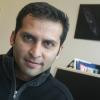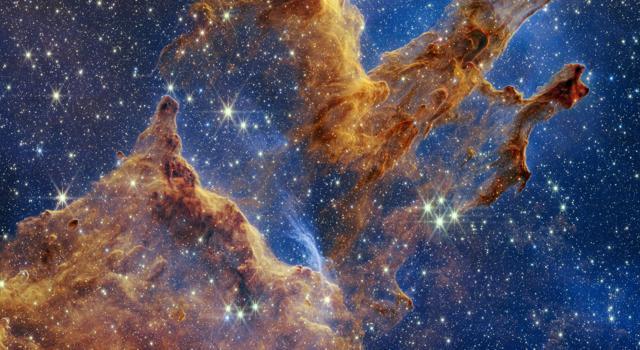Salman Hameed holds a B.S. in physics and astronomy from the State University of New York at Stony Brook and a Ph.D. in astronomy from New Mexico State University at Las Cruces.
His astronomy work focused on how stars form in spiral galaxies. His research interests have now moved in a sociological direction, and today his research focuses on understanding the reception of science in Muslim societies and how Muslims view the relationship between science and religion. His other research interests include analyzing sociological and cultural factors associated with human settlements on the moon.
He has taught the courses Evolution, Islam, and Modernity, Sagans for the 21st Century: Creating Short Videos for Science Communication, Astrobiology: Ethics to Exoplanets (with microbiologist Dr. Jason Tor and planetary geologist, Dr. Darby Dyar), Science and Religion: Biological evolution in the public sphere, Aliens: Close Encounters of a Multidisciplinary Kind, and History and Philosophy of Science and Religion (with Dr. Laura Sizer) at Hampshire College.
He is heavily engaged in science communication and has a weekly astronomy segment on radio for New England Public Media (NEPM) in Massachusetts. Through Kainaat Studios, he also produces astronomy content in Urdu aimed at kids and grown-ups in Pakistan and the broader global south. His English language channel focuses current astronomical discoveries, and on ethical and social issues related to space exploration. His writings have appeared in Dawn Magazine, Express Tribune, Science Magazine, and The Guardian.
Personal Website



